News
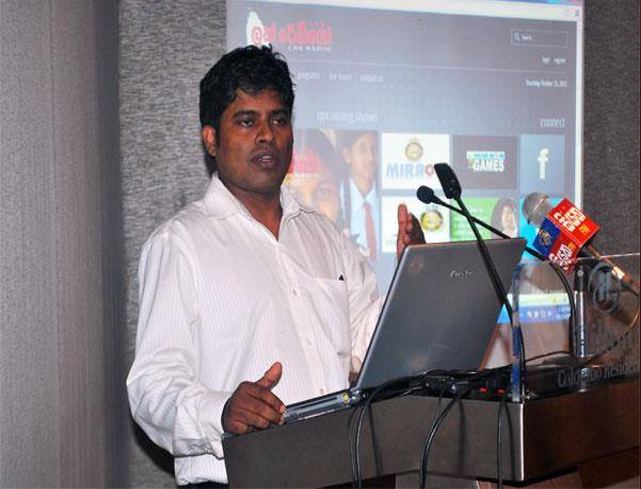
Editor of lankanewsweb.org arrested
Web journalist Desmond Chathuranga De Alwis was today arrested by the Criminal Investigation Department (CID) for allegedly publishing a news item that undermines the judiciary.
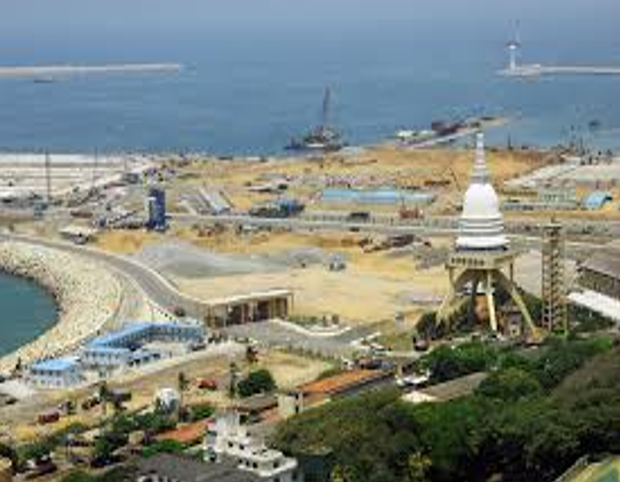
US sanctions could put China's Sri Lanka project in trouble
The US’ first-ever sanctioning of Chinese companies involved in building artificial islands in South China Sea may affect the fate of several of Beijing’s under-construction One Belt, One Road (OBOR) projects including the strategically-sensitive Port City Colombo project.
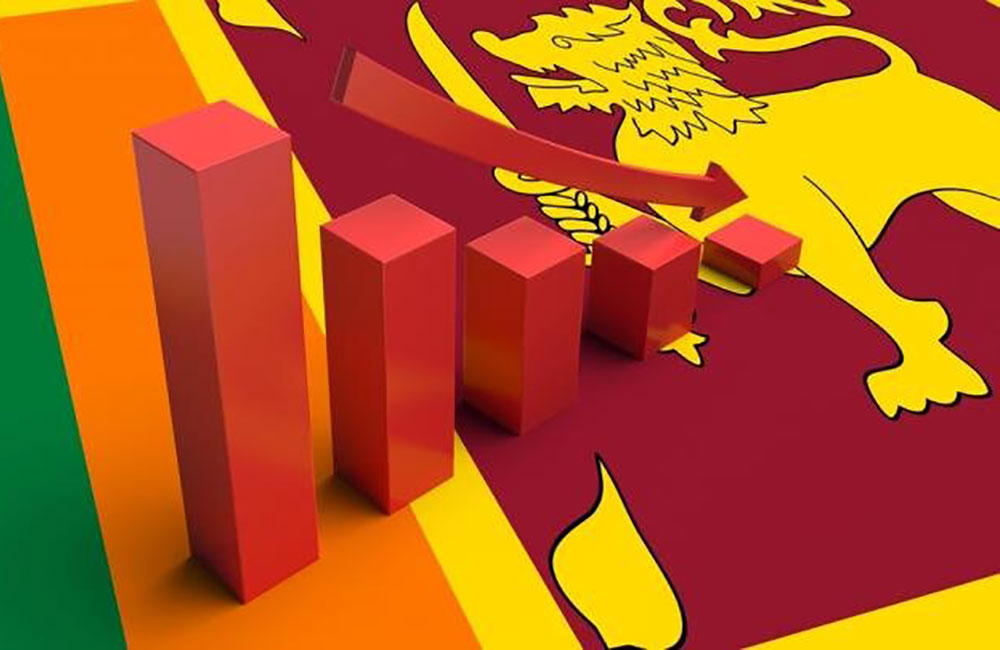
Record fiscal deficit and rising debt are signs of the perilous state of Sri Lanka's economy
Sri Lanka government revenue fell to Rs 663.4 bn during the first half of this year from Rs. 888.0 bn recorded in the corresponding period of 2019, underscoring the damage done to the economy by the Covid-19 pandemic and the lockdown that followed, Central Bank data showed.
During the same period, total expenditure and net lending declined to Rs. 1,401.2 bn from Rs. 1,410.3 bn recorded in the corresponding period of 2019.
The revenue shortfall widened the overall budget deficit to Rs. 735.7 bn during the first half of 2020 from Rs. 521.7 bn recorded in the corresponding period of the previous year.
In nominal terms, domestic financing increased to Rs. 882.5 bn in the first half of 2020 compared to Rs. 463.4 bn in the corresponding period of 2019, while foreign financing recorded a net repayment of Rs. 146.8 bn during the first half of 2020 compared to a net borrowing of Rs. 58.3 bn recorded in the corresponding period of 2019.
Outstanding central government debt increased to Rs. 14,052.2 bn by end of June 2020 from Rs. 13,031.5 bn as at end 2019.
Total outstanding domestic debt increased by 13.6 per cent to Rs. 7,530.8 bn, and the rupee value of total outstanding foreign debt increased by 1.9 per cent to Rs. 6,521.4 bn by end June 2020.
During the year up to 28th August 2020 the Sri Lankan rupee depreciated against the US dollar (2.5 per cent).
Reserve money increased to Rs 878.8 billion last month from Rs 869.0 billion during the previous month of June, Central Bank weekly economic indicator report revealed.
However the reserve money decreased compared to the previous week mainly due to the decrease in currency in circulation, report disclosed.
Broad money (M2b) expanded by 15.7 per cent, on a year-on-year basis, in July 2020 while net Credit to the Government from the banking system increased by Rs.172.0 bn in July 2020.
Outstanding credit to public corporations increased by Rs. 31.3 bn in July 2020. Outstanding credit extended to the private sector declined by Rs. 3.6 bn in July 2020.
The total outstanding market liquidity was a surplus of Rs. 193.041 bn by end of this week, compared to a surplus of Rs. 192.972 bn by the end of last week.
During the year up to 28th August 2020 the Sri Lankan rupee depreciated against the US dollar (2.5 per cent).
The total number of international tourist arrivals to Sri Lanka from January to July 2020 was 507,311. No tourist arrivals have been recorded for the month of July 2020 due to the termination of all passenger flights and ship arrivals into Sri Lanka from 18th March 2020.
Total arrivals recorded from January to July 2019 were 1,124,150. In comparison to January to July last year (2019), a decline of 49.7 % has been recorded for the same period in 2020.
Tourism earnings declined to US$ 956.2 during the first half of last year from $2,118.8 million in the same period last year.
Workers’ remittances increased to $702.1 million last month compared to $ 625.7 million July 2019.

Two flyovers to ease traffic congestion
The Cabinet of Ministers this week granted approval to the construction of two flyovers estimated to cost around Rs. 6 billion near the railway station in Slave Island in Colombo.
The proposal to construct these flyovers was submitted to the Cabinet of Ministers by the Minister of Highways.
The flyovers will be constructed above the railway tracks along Sri Uttarananda Mawatha and Justice Akbar Mawatha in Slave Island.
The flyover constructed near Sri Uttarananda Mawatha will be 420m in length, while the flyover near the Justice Akbar Mawatha will be 350m in length.
The two flyovers are expected to help address the daily traffic congestion reported from the area.
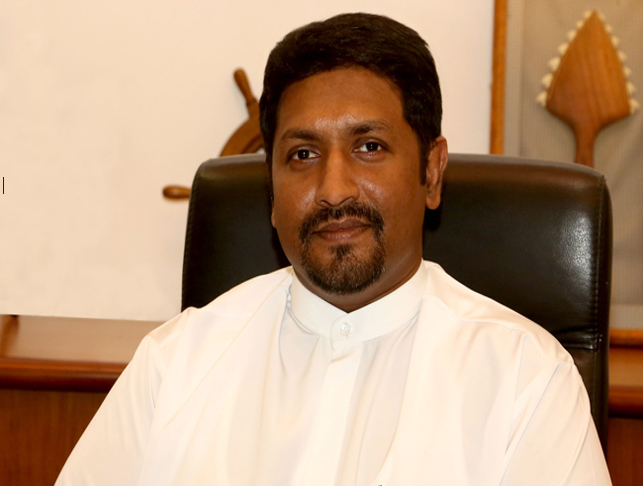
Ruwan expresses desire to lead UNP
United National Party deputy general secretary Ruwan Wijewardena has expressed his desire to lead the party after his cousin and Sri Lanka''s former prime minister Ranil Wickremesinghe decided to resign from the UNP leadership after 26 years at the helm following its crushing defeat in the parliamentary election.
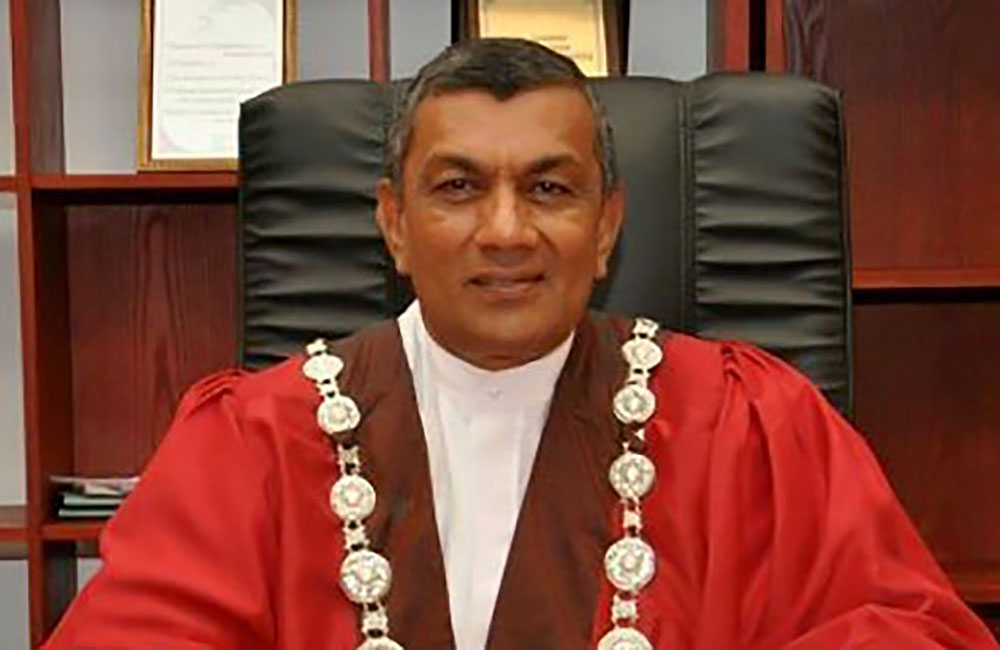
Matale Mayor Daljith Aluvihare suspended from holding office
Attorney-at-Law Lalith U. Gamage, The Governor of the Central Province Lalith U. Gamage has temporarily suspended the Mayor of the Matale Municipal Council, Daljith Nandalal Aluvihare, from holding his post with immediate effect. In Extraordinary Gazette dated the 25th and issued today, Retired High Court Judge Sarojini Kusala Weerawardena was appointed to inquire and report within 3 months time, whether the Mayor of the Municipal Council Matale has committed any misdeeds described in Section 277(1) of the amended Municipal Council Ordinance (Chapter 252).
It adds the Commission shall have the powers of a Commission appointed under the Inquiry of Commission Act, pertaining to this inquiry.
The Extraordinary Gazette further noted, Sandanam Prakash presently the Deputy Mayor of the Matale Municipal Council, is directed to perform the duties and use of powers of the Mayor of the Matale Municipal Council with immediate effect.
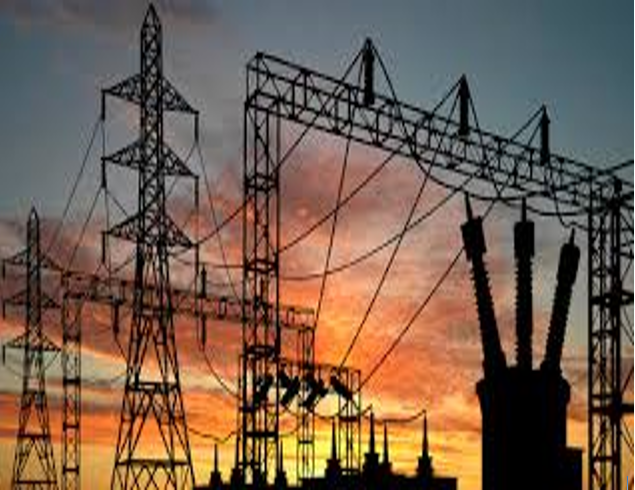
New government faces a daunting task of tackling power crisis
Sri Lanka’s new government headed by President Gotabaya Rajapaksa faces adaunting task of finding and implementing solutions to the country's power crisis taking necessary action against official perpetrators for countrywide blackouts in the past and present.

Private Member's Bill introduced declaring minimum age for marriage
SLPP MP Pramitha Bandara Tennakoon has introduced a Private Member's Bill declaring the minimum age of marriage for children as 18 years.
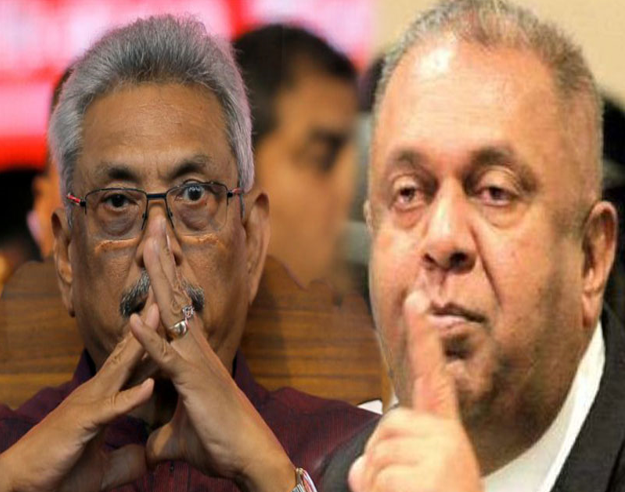
Mangala accuses Govt of militarising Sri Lanka amid harsh economic woes
Sri Lanka’s former Finance Minister Mangala Samaraweera has accused the newly elected government of lacking an economic vision as state revenue fell by two thirds this year, with the economy showing negative growth.
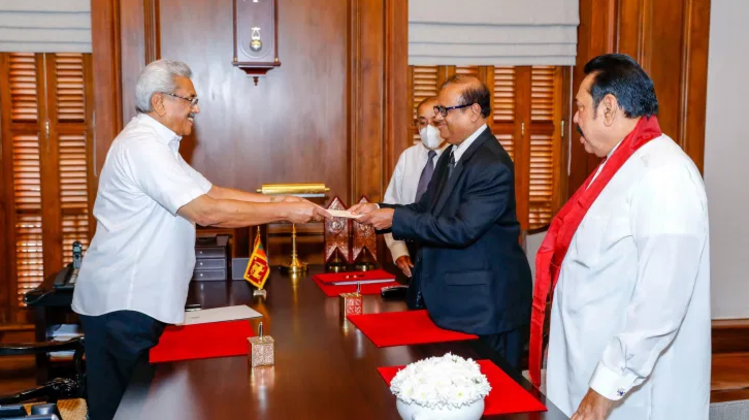
Susil gets Wijeyadasa's ministry
Colombo district MP and senior politician Susil Premajayantha was yesterday (26) assigned the state ministerial portfolio that was first assigned to MP Wijedasa Rajapakshe.
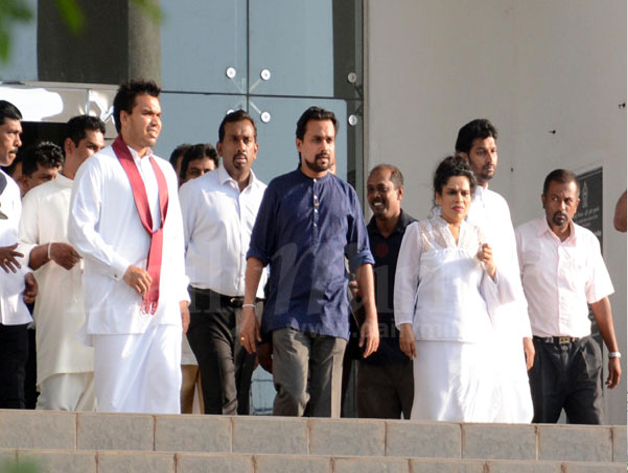
Wimal trying to escalate the cold war between Namal and Mahindananda
A cold war is brewing between Minister Namal Rajapaksa and Minister Mahindananda Aluthgamage, the 'Lanka Lead News' website maintained under the guidance of Minister Wimal Weerawansa reported.

Colombo land value hit by COVID-19
Land value in the Colombo district has been hit by the COVID-19 pandemic making it a victim with the annual growth rate declining during the first half of this year. This has brought down the prices of residential, commercial and industrial properties, the Central Bank data showed .
Page 269 of 538